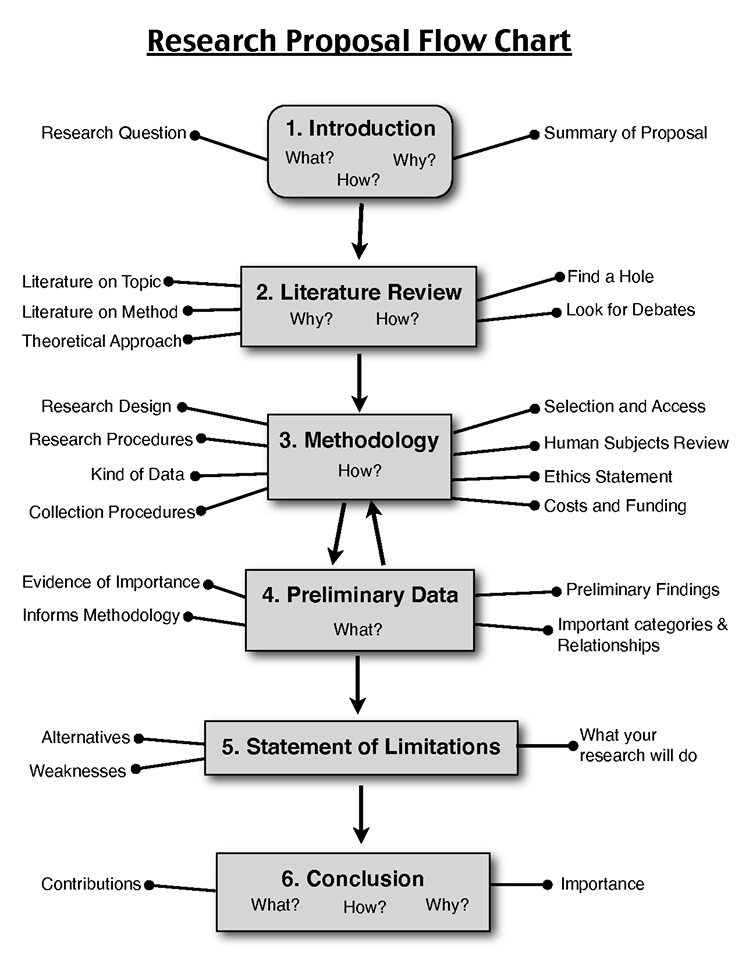Writing A Research Proposal
This collective article is designed to provide you with a realistic and relevant learning opportunity which will help prepare you for the dissertation. You are asked to prepare a research proposal similar to one that could be submitted to an ethics committee. This proposal could be linked to your proposed dissertation topic, if you have already identified one. If not, it could be associated with a current area of interest. Please see your handbook for information on writing and marking.
You are required to:
- Identify a research question/problem
- Justify the research, research design and methods
- Consider resources & constraints
The main objectives of research ethics committees are to protect both prospective participants in research studies and researchers. To achieve this, ethics committees need specific information regarding proposed studies to be able to make informed decisions about the ethical implications of these studies, considering the proposal from the participants’ perspective. The main ethical issues focus on the validity of the research (is the research question important and do-able?) and the welfare of the participants (what will participation involve, are there any acceptable risks, how will informed consent be sought, how will confidentiality be respected?). Therefore, these issues need to be addressed in your proposal.
Identifying a Research Question/Problem
Your research question should be both:
- Useful (extending knowledge relevant to health care that might contribute to changes in practice)
- Do-able (feasible given resource constraints)
This can be achieved by identifying a practice related problem, considering complaints, policy initiatives and service delivery changes, or by reading articles in journals.
Justify the Research, Research Design and Methods
What is the current state of knowledge in your topic area? Has your research question already been answered? If not, what are the typical methods used to address research questions similar to yours? What other methods might be appropriate? You will need to provide a brief critical review of relevant literature and state how your study will contribute to this field of study.
Given your research question, what types of data will be collected to answer this (e.g. quantitative and/or qualitative)? What is the most appropriate research strategy (e.g. experiment, survey, case study, action research etc) and what methods will you use (e.g. observation, questionnaire, interviews etc)?
Resources and Constraints
What factors should you take into account?
- Time – do you have enough to prepare, conduct, analyse and write up the study?
- Expertise – do you have knowledge and skills in the particular topic & method(s)?
- Participants – can you secure access to the necessary participants (e.g. patients, relatives, work colleagues) within the ethical guidelines and in the relevant time frame?
- Financial resources – will you need to consider acquiring extra staff and/or equipment, how will you cover the costs of conducting the research (photocopying, postage, travel etc), can this be approved by your manager or do you need to secure funding?
Writing a Research Proposal
A research proposal is a detailed statement identifying what you intend to do; why; how; and with whom. It indicates your ability to conduct the study and provides an opportunity:
- For you – to clarify your thoughts
- For others – to examine these (importance, feasibility, ethics, funding etc)
Components of an Research Proposal
- Title of the proposed project
- Name of the student/researcher
- Brief summary and problem statement
Aims & objectives - Rationale/justification (why the research is important and should be conducted)
- Brief literature review (scientific background)
- Brief description of research design (approach, strategy, methods, analysis)
- Ethical considerations (consent of participants, other clinicians, participant information sheet)
- Timescale/plan
- Any resource implications (how costs will be met, any funding required/secured)
- Proposed outputs (dissemination, feedback to participants)
Research Proposals – Questions to Ask
Is it realistic?
- Have I the necessary skills & time to carry it out?
- Is it ethical?
- Have I considered how my sample will be selected, how informed consent will be achieved, how data will be collected, stored (and destroyed) and disseminated whilst maintaining confidentiality and complying with the Data Protection Act?
Is it clear?
- Have I used simple language & not jargon?
- Have I explained technical terms?
- Have I included an indication of the kinds of questions I will be asking, or observations I will be recording?
Can I anticipate any problems?
- Have I covered each section thoroughly?
- Are there any weaknesses?

In this article we have identified what is generally required of researchers when they submit proposals for ethical approval. The assignment for this module involves preparing a similar proposal.
Other Relevant Blog Posts
Dissertation Help
If you enjoyed reading this post on how to write a research proposal, I would be very grateful if you could help spread this knowledge by emailing this post to a friend, or sharing it on Twitter or Facebook. Thank you.
